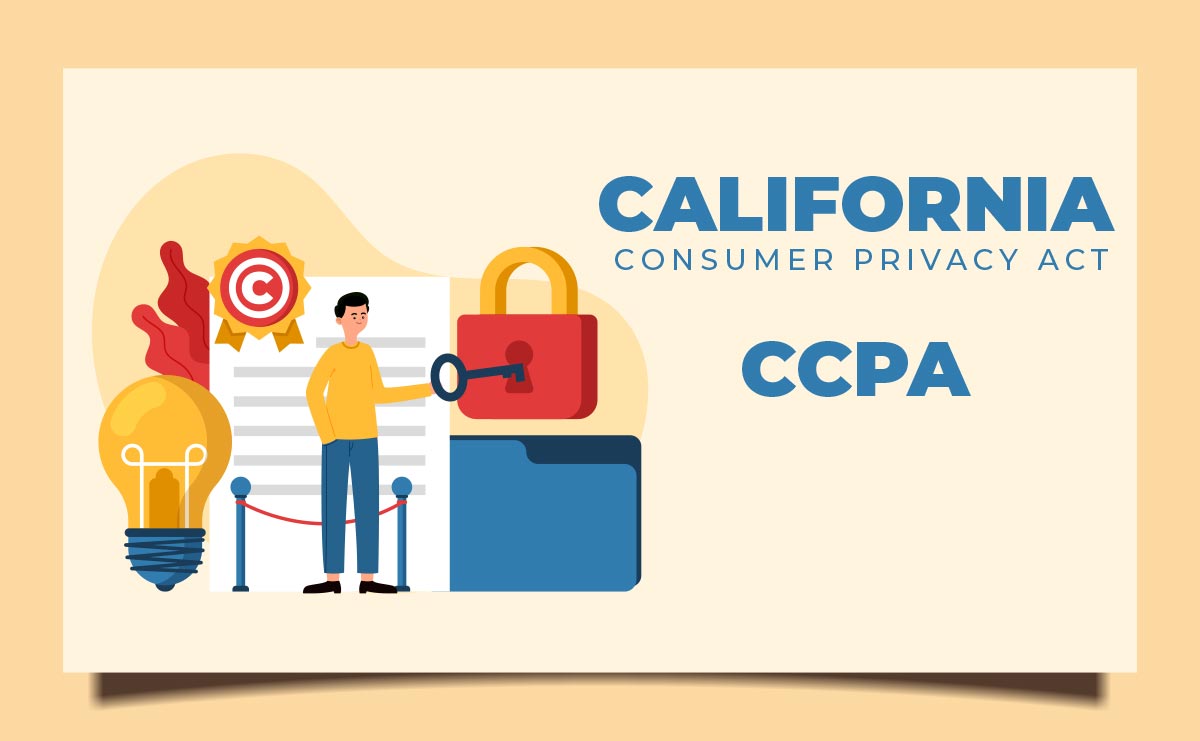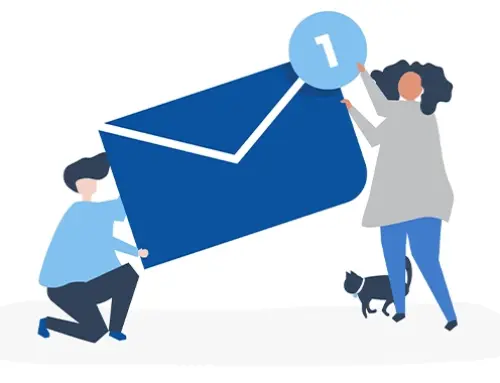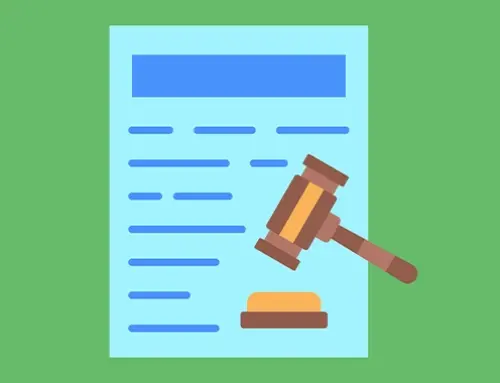Contents
California Consumer Privacy Act (CCPA)
The California Consumer Privacy Act (CCPA), enacted in 2018 and effective from January 1, 2020, marks a significant milestone in data privacy legislation in the United States. Designed to empower California residents with greater control over their personal information, the CCPA establishes a robust framework for privacy rights and consumer protection. This pioneering law introduces key rights for consumers, including the right to know what personal data is collected about them, the right to delete their data, the right to opt out of data sales, and the right to non-discrimination for exercising these rights. For businesses, the CCPA imposes stringent obligations to ensure transparency, data security, and responsiveness to consumer requests. As the first law of its kind in the U.S., the CCPA sets a precedent for future data privacy regulations and underscores the growing importance of data protection in the digital age.
Who is Subject to the CCPA?
The California Consumer Privacy Act (CCPA) applies to any for-profit business that meets at least one of the following criteria:
- Annual Revenue: Generates annual gross revenues over $25 million.
- Data Transactions: Buys, receives, sells, or shares the personal information of 50,000 or more consumers, households, or devices.
- Revenue from Personal Data: Earns 50% or more of its annual revenue from selling consumers’ personal information.
Additionally, businesses that control or are controlled by a qualifying entity and share common branding are also subject to the CCPA.
What Does CCPA Protect?
The California Consumer Privacy Act (CCPA) is designed to protect the personal information of California residents. Here’s a detailed look at what the CCPA protects:
Personal Information
- Identifiers: This includes names, addresses, Social Security numbers, driver’s license numbers, passport numbers, email addresses, and other similar identifiers.
- Characteristics of Protected Classifications: Such as race, gender, age, and disability.
- Commercial Information: Records of personal property, products or services purchased, obtained, or considered, or other purchasing or consuming histories or tendencies.
- Biometric Information: Physiological, biological, or behavioral characteristics that can be used to establish individual identity, such as fingerprints, retina scans, and voiceprints.
- Internet or Other Electronic Network Activity Information: Browsing history, search history, and information regarding a consumer’s interaction with a website, application, or advertisement.
- Geolocation Data: Information that can identify the physical location of an individual.
- Sensory Data: Audio, electronic, visual, thermal, olfactory, or similar information.
- Professional or Employment-Related Information: Current or past job history or performance evaluations.
- Non-public Education Information: Education records that are not publicly available, as defined by the Family Educational Rights and Privacy Act (FERPA).
- Inferences Drawn from Other Personal Information: Profiles reflecting a person’s preferences, characteristics, psychological trends, predispositions, behavior, attitudes, intelligence, abilities, and aptitudes.
Consumer Rights Under CCPA
- Right to Know: Consumers can request that businesses disclose the categories and specific pieces of personal information collected about them, the purposes for which it is used, and the third parties with whom it is shared.
- Right to Delete: Consumers have the right to request the deletion of their personal information held by a business, subject to certain exceptions.
- Right to Opt-Out of Sale: Consumers can opt-out of the sale of their personal information to third parties.
- Right to Non-Discrimination: Consumers are protected from discrimination for exercising their rights under the CCPA. This means businesses cannot deny goods or services, charge different prices, or provide a different level of service to consumers who exercise their CCPA rights.
Business Obligations
- Transparency: Businesses must inform consumers about the categories of personal information collected and the purposes for which it is used.
- Data Security: Businesses must implement and maintain reasonable security procedures to protect consumers’ personal information.
- Responding to Requests: Businesses are required to respond to consumer requests to know, delete, or opt-out within specific timeframes, typically within 45 days.
- Opt-Out Mechanism: Businesses must provide a clear and conspicuous link titled “Do Not Sell My Personal Information” on their websites, allowing consumers to opt-out of the sale of their personal information.
The CCPA’s comprehensive protections and rights aim to enhance the privacy and control California residents have over their personal data, setting a high standard for data privacy and protection.
What Happens if You Fail to Comply with CCPA?
Failing to comply with the California Consumer Privacy Act (CCPA) can lead to significant penalties and legal consequences for businesses. Here’s what you need to know about the potential repercussions:
Financial Penalties
The California Attorney General can impose fines of up to $2,500 for each unintentional violation and up to $7,500 for each intentional violation. Each individual instance of noncompliance is treated as a separate violation, meaning penalties can quickly add up.
Consumer Lawsuits
Consumers have the right to file lawsuits if their non-encrypted or non-redacted personal information is accessed or disclosed without authorization due to inadequate security measures. They can seek damages between $100 and $750 per incident or actual damages, whichever is greater. They may also pursue injunctive or declaratory relief.
Attorney General Enforcement
Before taking legal action, the Attorney General must provide a 30-day notice period for the business to rectify the violation. If the issue is resolved within this timeframe, penalties may be avoided. Consistent adherence to CCPA requirements is essential, as repeated or unresolved violations can lead to escalating penalties and legal actions.
Reputational Impact
Noncompliance can damage your business’s reputation, leading to a loss of consumer trust and potential revenue loss. Enforcement actions and penalties may be publicly disclosed, further harming your business’s reputation and consumer confidence.
How to Avoid CCPA Noncompliance?
Ensuring compliance with the California Consumer Privacy Act (CCPA) requires ongoing attention to your data practices and policies. Here’s a guide on how to maintain compliance:
Understand the Requirements
Gain a thorough understanding of the CCPA’s stipulations, including consumer rights and business responsibilities. Keep yourself informed about any amendments or new regulations related to the CCPA to ensure ongoing compliance.
Update Privacy Policies
Ensure your privacy policies are transparent and include all required information about data collection, usage, sharing, and consumer rights. Also, regularly review and update your privacy policy to reflect current practices and any changes in the law.
Implement Data Management Practices
Conduct a comprehensive inventory of the personal information you collect, store, and share. Understand where and how this data is used. Only collect personal information that is necessary for your business operations.
Consumer Rights Handling
Implement processes to handle consumer requests to access their personal information. Establish procedures for consumers to request the deletion of their personal data and ensure compliance within the required timeframes. Provide a clear and easy-to-use mechanism for consumers to opt-out of the sale of their personal information.

Data Security Measures
Implement robust security measures to protect personal information from unauthorized access, breaches, or theft. Regularly update and test your security protocols to address new vulnerabilities.
Training and Awareness
Educate your employees about CCPA requirements and their role in maintaining compliance. Conduct regular training sessions and provide resources to ensure ongoing awareness.
Third-Party Management
Ensure that any third-party vendors or partners who handle personal information comply with CCPA requirements. Include CCPA compliance clauses in your contracts with third parties.
Documentation and Record-Keeping
Maintain detailed records of your data practices, consumer requests, and responses to demonstrate compliance. Keep records of any data breaches and the actions taken to address them.
Regular Audits and Assessments
Conduct regular audits of your data practices and compliance measures to identify and address any gaps. Use the findings from these audits to continuously improve your compliance efforts.
Stay Informed
Keep up with updates from regulatory bodies and industry best practices. Consider joining industry groups or networks to stay informed about compliance trends and changes.
By following these steps, you can maintain compliance with the CCPA, protect consumer data, and build trust with your customers. Regularly revisiting and refining your data practices will help ensure that your business remains compliant with evolving privacy laws.
Disclaimer: The content provided on this blog is for informational purposes only and does not constitute legal, financial, or professional advice.







